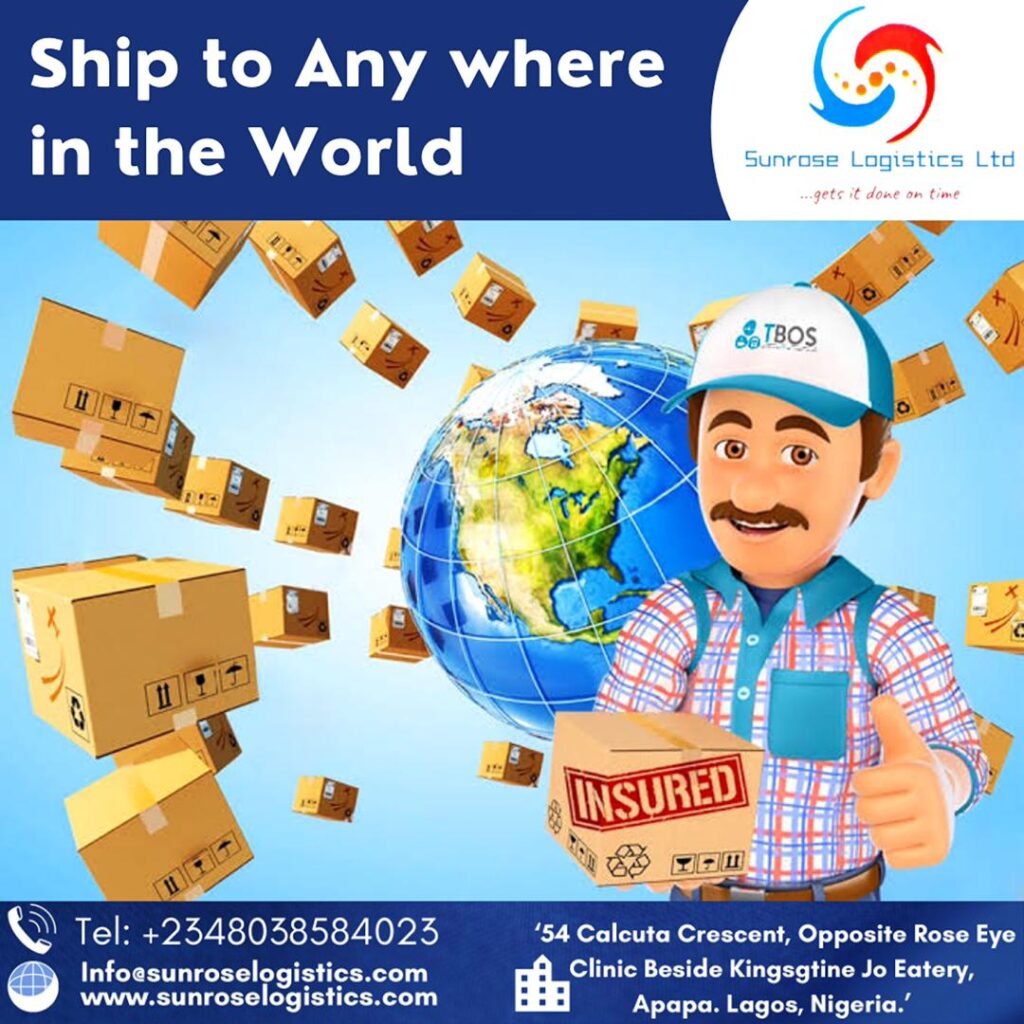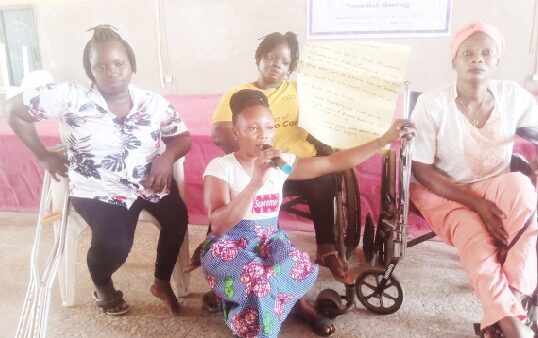Stakeholders task governments on provision of sign language interpreters, braille, accessible buildings
Despite being a person with albinism, a 12-year-old girl, simply identified as Kadijat, cannot do without trekking inside scorching sun every day to hawk fufu for her mother.
Studies have shown that children with the inherited condition oculocutaneous albinism (OCA) are vulnerable due to their lack of protective melanin. They are highly susceptible to developing skin lesions that have both cosmetic and health complications, with a high risk of developing skin cancers.
Even when Kadijat knows that she has been at risk, the young girl, who resides in Ido-Osun community in Osun State, said the money she makes after hawking is partly sustaining her and her family.
“I hawk every day whenever I return from school. I do it to help my mother so that she can feed us. Sometimes I hawk fufu from 2:30pm till 6:00pm. I know that it is affecting my skin and sight. I am long-sighted and it is becoming worse. My skin has changed colour since I started hawking but I don’t have a choice,” Kadijat told The Point correspondent in Yoruba.
Like Kadijat, millions of other PWDs are suffering and governments at all levels have not been doing enough to assuage their challenges.
Mr Gbenga Alegbeleye was a staff of the Osun State Government, but he died because of a lack of sign language interpreter at the hospital he was rushed to in Osogbo.
Alegbeleye, worked at the Osun State Ministry of Works and he had speech impairment. While working on a pole, he fell down and all efforts to hear from him on the severity of the accident proved abortive as there was no language interpreter.
He died a few days after experiencing excruciating pain, leaving four children for his widow to care for. Alegbeleye was the former Vice Chairman of Joint National Association of Persons With Disabilities in Osun State.
Notwithstanding that the Federal Government threatened to shut down public buildings that do not comply with the minimum standards of accessibility for Persons with Disabilities, checks by The Point in some states revealed that the majority of public structures do not give access to citizens on wheelchairs.
The Executive Secretary, National Commission for Persons with Disabilities, Dr James Lalu, who promised that the commission would swing into action immediately after the expiration of the five-year ultimatum given to organizations by the Federal Government, which elapsed on January 16, 2024, is yet to carry out his threats even as persons with spinal cord injuries are expected to visit public offices for their day-to-day activities.
The blind people are not left out in this deprivation of rights. Most of them find it difficult to pursue their academic careers successfully due to absence of braille and lack of training for them to read with the tool.
Braille is a tactile writing system used by people who are visually impaired. It can be read either on embossed paper or by using refreshable braille displays that connect to computers and smartphone devices. Braille can be written using a slate and stylus, a braille writer, an electronic braille note taker or with the use of a computer connected to a braille embosser.
Many visually impaired have been denied telecommunication because they cannot afford android phones that would enable them to communicate effectively. There are some apps which are installed into Android phones that would assist a blind person to pick calls, send text messages and make phone calls.
With the current economic hardship, many PWDs, especially the visually impaired cannot afford android phones.
Nigeria is one of the countries where rights of people with disabilities are routinely violated. In most states of the federation, Nigerians with different forms of disabilities are still being discriminated and stigmatized against and treated like second class citizens.

Despite efforts of some leading international organizations including the United Nations to see to a society where Persons with Disabilities (PWDs) have equal rights, privileges and accessibilities to education, health, information, social amenities and buildings, Nigeria is still lagging behind in making these dreams a reality.
Many PWDs including the deaf and hard of hearing persons, the blind, both partial and full, those with spinal cord injuries, intellectual disabilities and those with physical disabilities are still facing discrimination, battling unemployment and being relegated in their various communities.
Some hospitals, both public and private, do not have sign language interpreters, a situation that has been worsening the healthcare access and exacerbating health inequities and barriers for millions of deaf people in Nigeria.
Whenever deaf people visit medical facilities, they are frustrated because medical practitioners on duty could barely understand their health challenges.
“Sincerely, it has been difficult for me. I no longer visit the hospital alone and whenever my siblings are not with me, I will have to endure my sickness till they return so that they can assist me in telling the doctor what I am going through. I stopped going alone because the last time I was at a private hospital, the doctor later discharged me without treatment because he didn’t understand my communication. The hospital did not have a sign language interpreter,” a hearing impaired woman who did not want her name mentioned said.
She urged the government to train more language interpreters and ensure that public institutions have them.
Meanwhile, stakeholders including community based organizations, non-governmental organisations, security agencies, and the disability communities have raised awareness of these challenges facing PWDs and suggested some means whereby they could be tackled.
Mrs Funmi Abdullahi, a member of JONAPWD, lamented the living conditions and barriers of some PWDs, urging the Osun State House of Assembly to fast track the passage of the disability bill. She said the bill would address some of the challenges confronting them. Abdullahi sought provision of sign language experts, braille and accessible buildings for the disability community.
To raise awareness to these problems and galvanize stakeholders to collaborate and tackle them, a Lagos based NGO, Center for Women’s Health and Information, has commenced its Hope Project in Lagos and Osun.
CEWHIN Director, Atinuke Odukoya said the project, aside from preventing girls and women with disabilities from falling victims of Sexual and Gender Based Violence, would also highlight other threats to the existence of people with disabilities, especially girls and women with the aim of tackling them.
Culled From The Point


